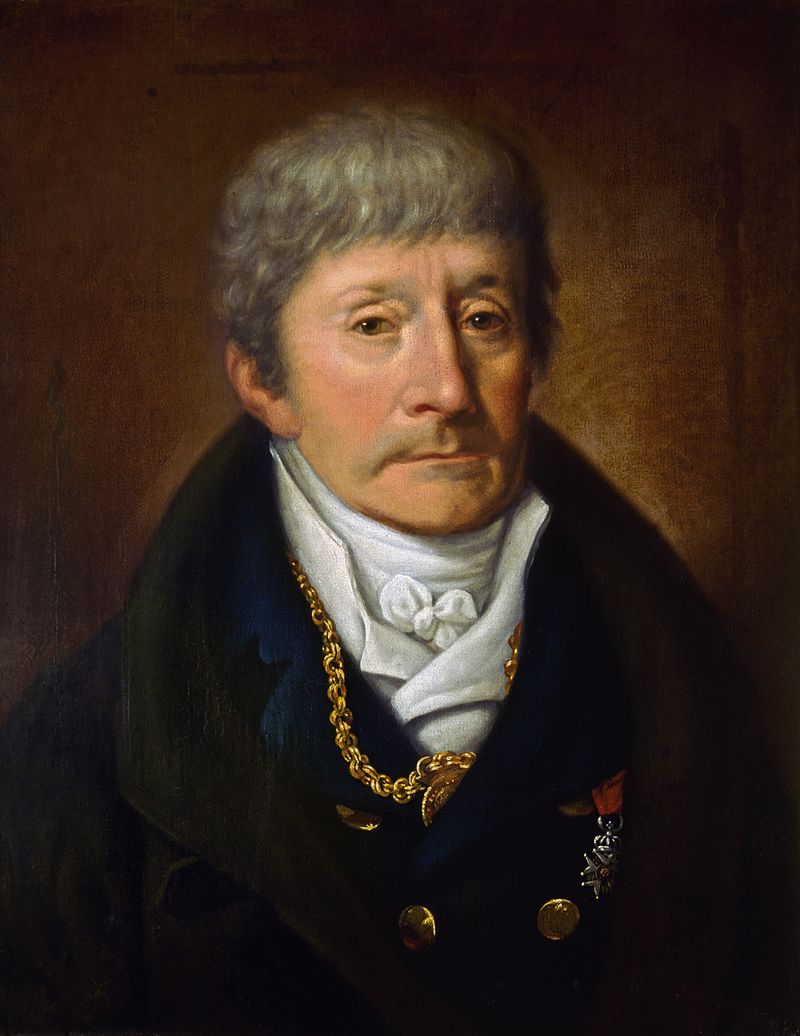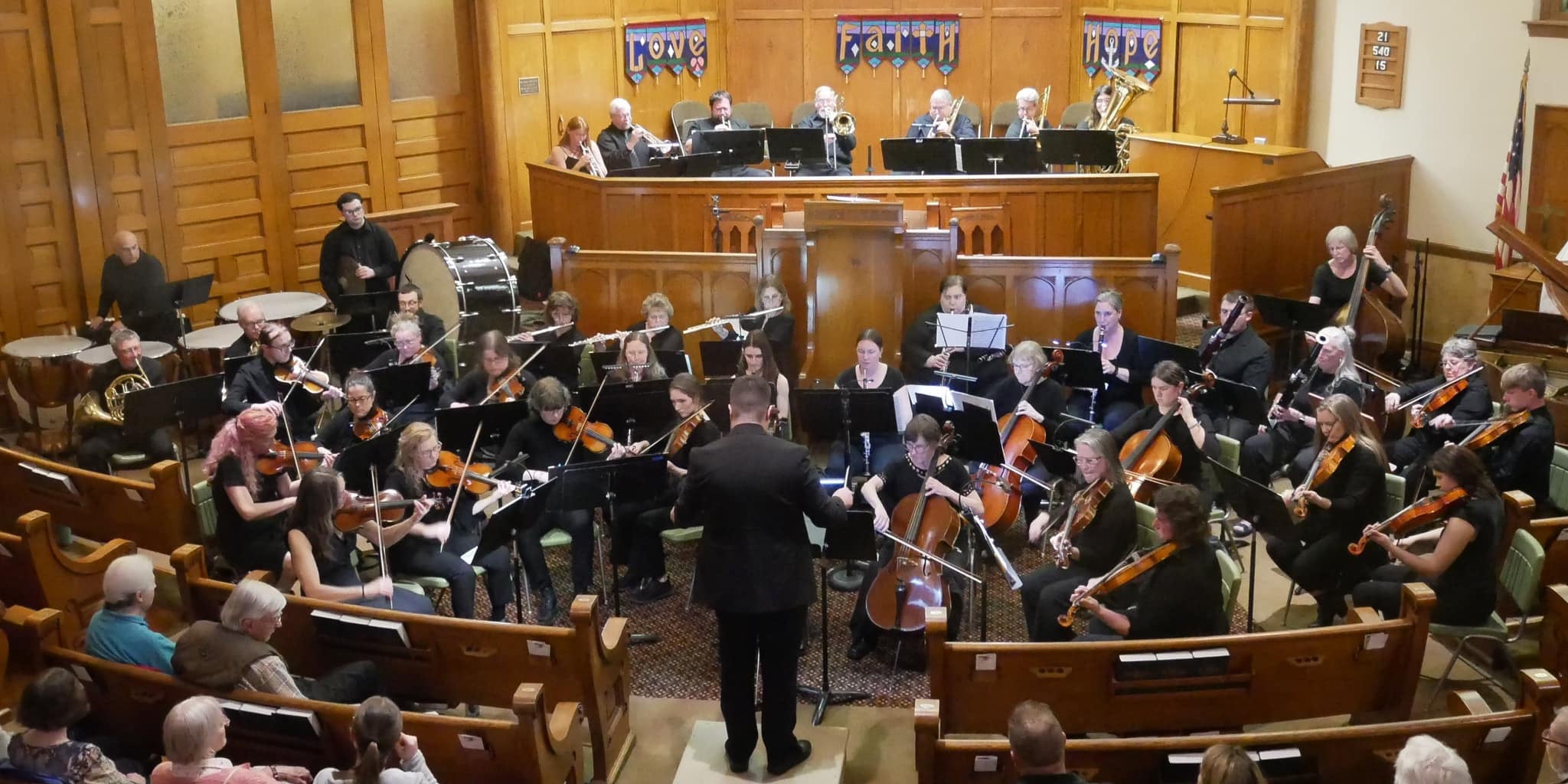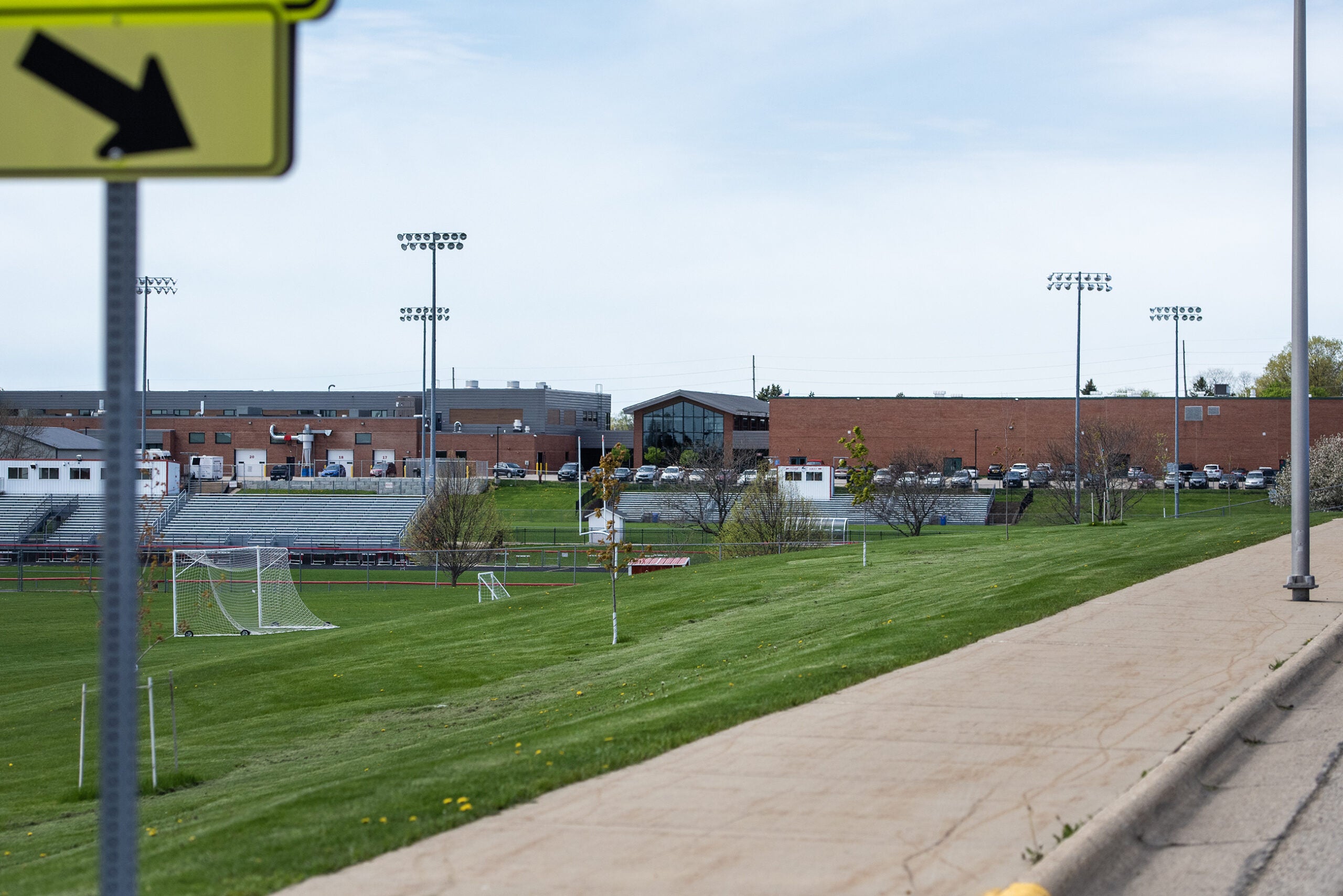Vienna in 1787. It could be a risky place and time for a composer to make a living. And Antonio Salieri took a big risk. He disobeyed the Emperor.
Salieri had recently returned from Paris where his opera Tarare had been produced. Emperor Joseph the Second ordered Salieri and his librettist Lorenzo Da Ponte to translate the French opera into Italian. But the work went badly and, despite the Emperor’s order, Salieri suggested that they start from scratch. Occasionally Salieri would borrow a musical idea from the original French opera, but usually he found it necessary to alter it considerably.
To save time, Salieri composed the scenes one by one as Da Ponte brought them. Hearing that three acts of the opera were finished, the Emperor was eager to perform them at one of his afternoon concerts, and he got the parts from the copyist and assembled his musicians. Sitting at the pianoforte, he suggested that the singers follow the vocal parts of the new score while the instrumentalists played from the French original.
Stay informed on the latest news
Sign up for WPR’s email newsletter.
“Act One, Scene One,” the Emperor announced. “Duet.”
“The French opera begins with a prologue,” someone said.
For two hours they tried to find something they could perform together, but in vain. The Emperor and his musicians found that the two versions of the opera had very little in common.
“This is enough to drive a person crazy,” the Emperor declared. He sent for an explanation.
Salieri had been laid up with a rheumatic knee, but two days later he came to the palace to face the music. Bravely, he explained his reasons for disobeying the Emperor’s order. The Emperor accepted the reasons and once he heard the opera, he gave Salieri an imperial reward.
Wisconsin Public Radio, © Copyright 2024, Board of Regents of the University of Wisconsin System and Wisconsin Educational Communications Board.







